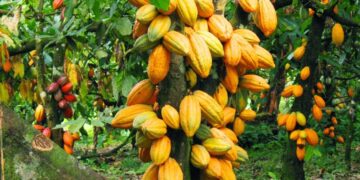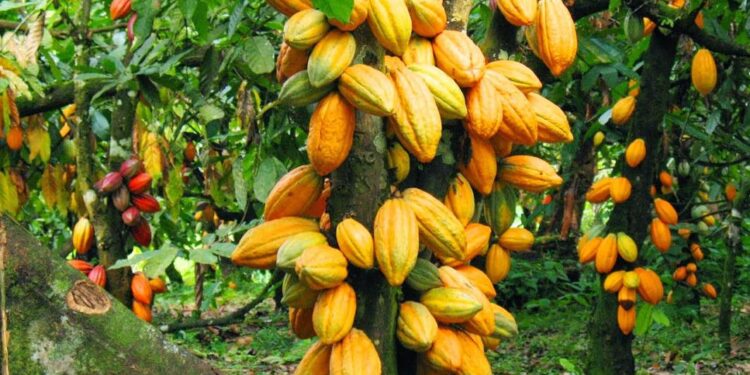By Enyichukwu Enemanna
Farmers in Cameroon have said the recently introduced policy restricting the export of cocoa, cotton and other cash crops to the neighbouring Nigeria is affecting them, calling for the immediate reversal of the law.
Authorities have in the past two weeks since the introduction of the policy sent hundreds of police to the border who have seized scores of trucks conveying farm produce to Nigeria, a decision struggling Cameroonian farmers are protesting, saying it’s more profitable and safer to sell their goods to Nigeria.
The farmers are also saying that the ban will be difficult to enforce along the porous border with several unmanned entry and exit points.
Baba Ahmadu who is the spokesperson of Association of Cereal Farmers on Cameroon’s northern border with Nigeria was quoted by VOA as saying that many farmers are not able to store their crops for marketing in Cameroon.
Ahmadou says Cameroon does not have enough facilities to protect cocoa, wheat, corn, rice and sorghum from moisture, dust, and [insect] swarms that invade and destroy crops after harvest.
He says farmers prefer selling their produce to a ready Nigerian market because rice, corn, and raw cotton processing equipment are hardly available in their country.
Ahmadou says selling to Nigerian merchants is also more profitable, and he cites the example that farmers can get about 20% more for a 50-kilogram bag of unprocessed rice.
Cameroon’s government complains it pays subsidies to farmers to sell their cash crops locally and at agreed prices instead of Nigeria.
The ban was announced by Cameroon’s trade minister Luc Magloire Mbarga Atangana.
He says they are aware of the challenges for the government and the farmers.
“One of the challenges, of course, is the inadequacies of post-harvest processing and storage facilities,” he said. “The government has developed some programs to process 40 percent of our total production, and now with the prohibition of child labor and with the prohibition of deforestation, those people who are destroying forests to create new plantations will not have access to the international market.”




































